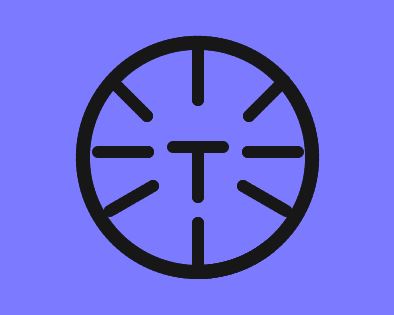On Languages
CI skepticism
Originally, I was more on the sceptical side, having understood French for the great part of my life, but never really being able to output/speak.
It wasn't really until I started VRChat and speaking in both French and broken Japanese that I realized that I could speak a lot more French than I realised (I just needed a bit of practice). It was like for every phrase I constructed, 20 or more words/grammar constructs would start surfacing in my active working memory, fueling a desire to salvage those lost fragments stored in my brain.
Around the same time I had also decided to challenge this scepticism by
learning Italian with a listening-only approach, starting with Italian
automatico, then a number of other CI (Comprehensible Input) targeted channels.
I made sure to leave at least 30 minutes in the day to have my undivided
attention, and the more I understood, the more I wanted to listen. Languages are
always a great escape, because no matter how many hours you put into them, you
don't feel guilty about wasting your time.
This culminated in me
watching native content through Italian dubbed anime.
Even though this has
come to a standstill, and I never really got to practice speaking it, I was
amazed with the results from just casually listening (nowhere near the same
hours I put into japanese). After a few years, I reached a point that I could
understand Intermediate conversations quite well.
It definitely helped that
I was already familiar with a Romance language already and that Italian is still
relatively close to English. Either way, this was a lot more effective than the
1 year of conjugating verbs in Spanish at school (which I still enjoyed).
Although I had started Japanese earlier, my journey was a lot more rocky.
I began with a mixture of duolinguo, flashcards, WaniKani, and textbooks. To say
the least, this wasn't effective.
Out of tenacity I carried on for a
couple of years. This was until I was introduced to Anki and reintroduced to the
wonders of spaced repetition (this time out of a school environment).
I
managed to escape the first common trap, to enter the second trap: not
supplementing anki with input (listening/reading).
I went through the 2K/6K
anki deck, and while it was effective at memorizing the rough English
translation to 6 thousand most common words, parsing non simple sentences was
not getting easier to understand.
The immersion cult
Looking at the results from my Italian journey, I was no longer held back by
skepticism, so I decided to double down on watching anime in Japanese without
English subtitles.
I had only done this very little previously. Being a fan
of the medium, I wanted to be able to understand as much as I could, and
watching it without subtitles got in the way. (Japanese is as far from English
as any popular language can get, meaning the subtitles will always miss a lot of
nuance, so you could argue that by watching it in English I was limiting my
understanding of the shows). Along with the Anki usage, I spent 3-6 hours
a day (highly dependent on the time of the year ) doing this, eventually,
picking up sentence mining as well (making anki cards on words the content you
are watching)
This naturally boosted my listening ability and confidence in Japanese and I carried this on for 2 years. There was still one lingering problem: I couldn't read very well.
What about the reading?
Reading isn't necessary, but as someone who liked visual novels/light novels/manga, and liked reading in their own language, this wasn’t something I could ignore. Even from a language learning perspective reading is also the most effective way at building your vocab quickly.
The first book I read was Kiki's Delivery Service (a book with very little kanji aimed at children). This was probably the hardest book I completed. Not because it was in any shape or form a hard book. My brain was just adapting to this new way of presenting language. Subconsciously, it felt like my brain was forming a bridge between the written text and the spoken language I was a lot more used to
Next, I read the first book in the A Certain Magical Index series.
This
had significantly more Kanji, being a light novel and not a children’s book, but
it felt significantly easier.
After a few more light novels I began to read
standard novels, and each completion felt like installing a new software update.
The sentences I could construct were a lot more complex. It even improved
my listening. The amazing thing was It didn’t feel like much effort. I was
consuming things I enjoyed so most of the time it didn’t feel like ‘studying’.
Final thoughts
I have carried this on for two years, and even if there have been periods of less activity, my confidence in reading Japanese has skyrocketed and I have no intention of stopping. Language isn’t something you can ever really ‘accomplish’. Whether it be your pitch accent, vocab, how articulate you are, domain-specific language, public speaking ability (even in your native language), you can always seek improvements.
